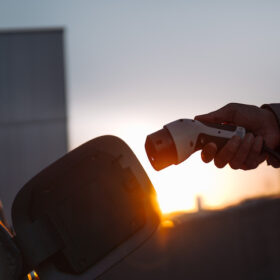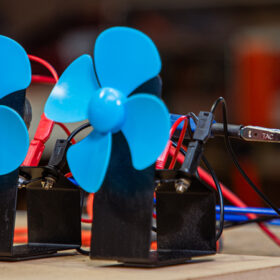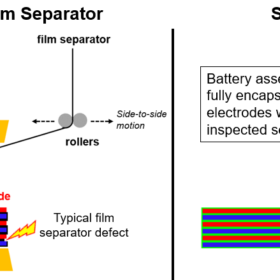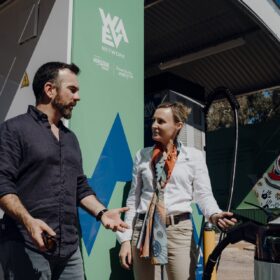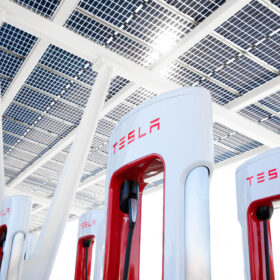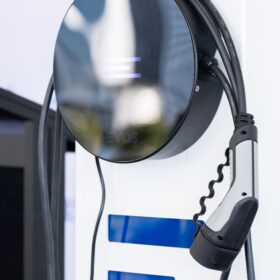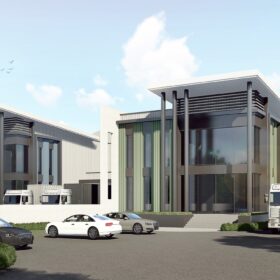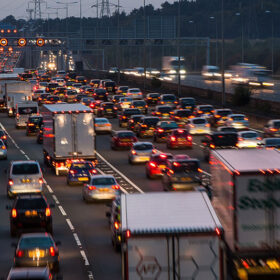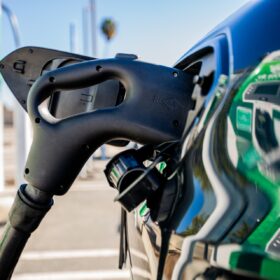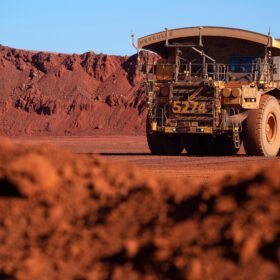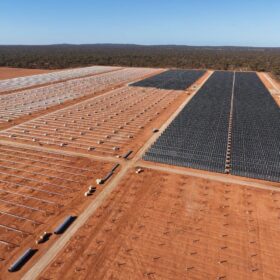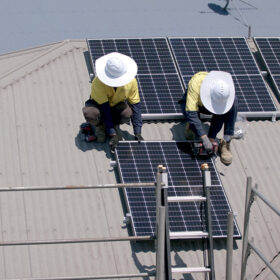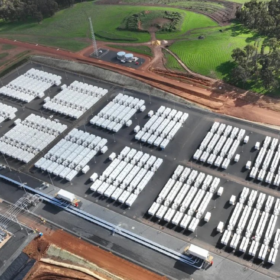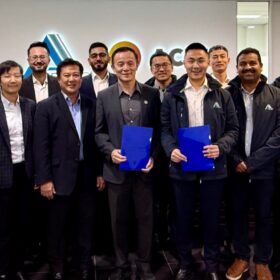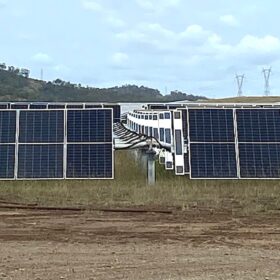Council calls for regulatory reform as electric car sales accelerate
Australia’s shift to zero-emissions vehicles is accelerating with a new report revealing that electric vehicles sales more doubled in the first half of 2023 with battery-powered vehicles accounting for more than 8% of all new car sales.
Melbourne researchers target MW scale with proton battery technology
A team of engineers at Melbourne’s RMIT University have developed a rechargeable ‘proton battery’, claiming the technology has the potential, with further development, to store more energy than currently available lithium-ion batteries.
Separator tech to prevent battery fires
United States-based battery startup Nuvola Technology says it has developed a direct deposition polymer separator technology that can eliminate the primary cause of lithium-ion battery fires.
EV briefs: WA charging network expands; NSW opens grants applications
Western Australia’s electric vehicle fast-charging network continues to roll out in regional areas with the first of eight planned EV fast chargers for the Kimberley now operational in Broome.
Tesla sues Australia’s Cap-XX over battery technology
Tesla has filed a lawsuit in a United States federal court against Australian energy technology company Cap-XX alleging its supercapacitors infringe two U.S. patents owned by Maxwell Technologies, a subsidiary of the EV and battery manufacturing giant.
Brisbane startup launches Australian-made home EV charger
Queensland electric vehicle charging technology startup Evos has unveiled its first home charger, a 7 kW wall-mounted device designed to add up to 35 kilometres of range to an electric vehicle for every hour it’s plugged in.
St Baker to build 1.2 GWh battery plant in Philippines
The founder and deputy chair of Australian-based investment firm St Baker Energy Innovation Fund plans to establish a lithium-ion phosphate battery manufacturing plant in the Philippines with annual production capacity of 1.2 GWh by the end of the decade.
Too big, too heavy and too slow to change: road transport way off track for net zero
The need to cut the emissions driving climate change is urgent, but it’s proving hard to decarbonise road transport in Australia. Its share of the nation’s total greenhouse gas emissions doubled from 8% in 1990 to 16% in 2020.
Why Indonesia wants Australia’s help to supply world with EVs and batteries
Australia and Indonesia are forging closer economic ties built on what each country can offer the other in the transition to clean energy. Indonesia is emerging as a maker of electric vehicles and the batteries that power them. Australia has the lithium reserves Indonesia needs to do this.
BHP plans 500 MW renewables build as part of electrification pathway
BHP is planning to install more than 500 MW additional wind and solar power backed by battery energy storage in Western Australia’s Pilbara region in the next seven years as it looks to slash the use of gas and diesel in its iron ore operations.
